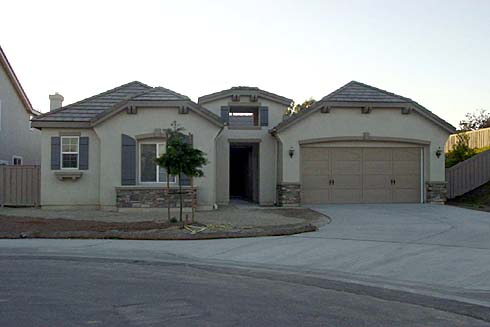SHOPPING CENTER
Exploring the Essence of Shopping Centers in Real Estate
Introduction:
Understanding Shopping Centers:
A shopping center, in the context of real estate, is a specialized retail space that encompasses a diverse array of stores, boutiques, and outlets. These centers are strategically located on expansive plots of land, ensuring ample space for off-street parking to accommodate the steady stream of visitors. Unlike standalone stores or malls, shopping centers offer a curated mix of shops, creating a vibrant marketplace where customers can explore various products and services in one convenient location.
Key Components of Shopping Centers:
Store Diversity:
Shopping centers pride themselves on diversity, housing an assortment of stores ranging from fashion boutiques and electronic retailers to grocery stores and specialty shops. This diversity not only caters to a wide range of consumer needs but also fosters a sense of community within the center.
Off-Street Parking:
One defining characteristic of shopping centers is the provision of off-street parking. This ensures that visitors can easily access the center, making it a convenient destination for those who prefer to drive. Ample parking also contributes to the overall accessibility and attractiveness of the shopping center.
Common Areas and Amenities:
Many shopping centers feature common areas, such as open plazas, food courts, and seating areas. These spaces encourage social interactions and provide a welcoming environment for shoppers to relax and enjoy their time. Additionally, amenities like restrooms and play areas for children enhance the overall shopping experience.
Impact on Real Estate:
The presence of a shopping center in a locality can significantly impact the real estate landscape. Here are some ways in which shopping centers contribute to the growth and development of an area:
Increased Property Values:
The establishment of a shopping center can lead to an uptick in property values in the surrounding area. The convenience and accessibility offered by these centers make the adjacent residential and commercial properties more desirable.
Job Creation:
Shopping centers create job opportunities, not only within the individual stores but also in associated services such as maintenance, security, and management. This, in turn, contributes to the economic vitality of the region.
Community Engagement:
Shopping centers often become community hubs, hosting events and activities that bring residents together. This fosters a sense of community and enhances the overall quality of life for those living in the vicinity.
Conclusion:
In the ever-evolving landscape of real estate, shopping centers stand as dynamic structures that go beyond mere retail spaces. They play a crucial role in shaping communities, driving economic growth, and providing a multifaceted shopping experience for consumers. As we navigate the future of real estate, the enduring appeal of shopping centers continues to make them a cornerstone of urban development and community life.
MORE REAL ESTATE TERMS
A, B, C, D, E, F, G, H, I, J, K, L, M, N, O, P, Q, R, S, T, U, V, W, X, Y, Z
Featured New Home

Featured Mortgage Brokers
- MOVEMENT MORTGAGE LLC, GASTONIA, NC
1000 S NEW HOPE RD
GASTONIA, NC 28054 - CASTLE & COOKE MORTGAGE LLC, GREENWOOD VILLAGE, CO
7400 E ORCHARD RD # 2900N
GREENWOOD VILLAGE, CO 80111 - FIRST PRIORITY FINANCIAL INC, ROSEVILLE, CA
1050 OPPORTUNITY DR STE 145
ROSEVILLE, CA 95678 - AMERIPRO FUNDING INC, SAN ANTONIO, TX
401 E SONTERRA BLVD STE 375
SAN ANTONIO, TX 78258 - PRIMARY RESIDENTIAL MORTGAGE INC, SAN FRANCISCO, CA
1746 18TH ST
SAN FRANCISCO, CA 94107